Book a free 15-minute consultation. We’ll help you understand what may be causing the pain and provide the guidance you need to get you back to your best.
"*" indicates required fields

Find out everything you need to know about running. From getting started to training for an ultra-marathon, our experts can help you achieve your goal.
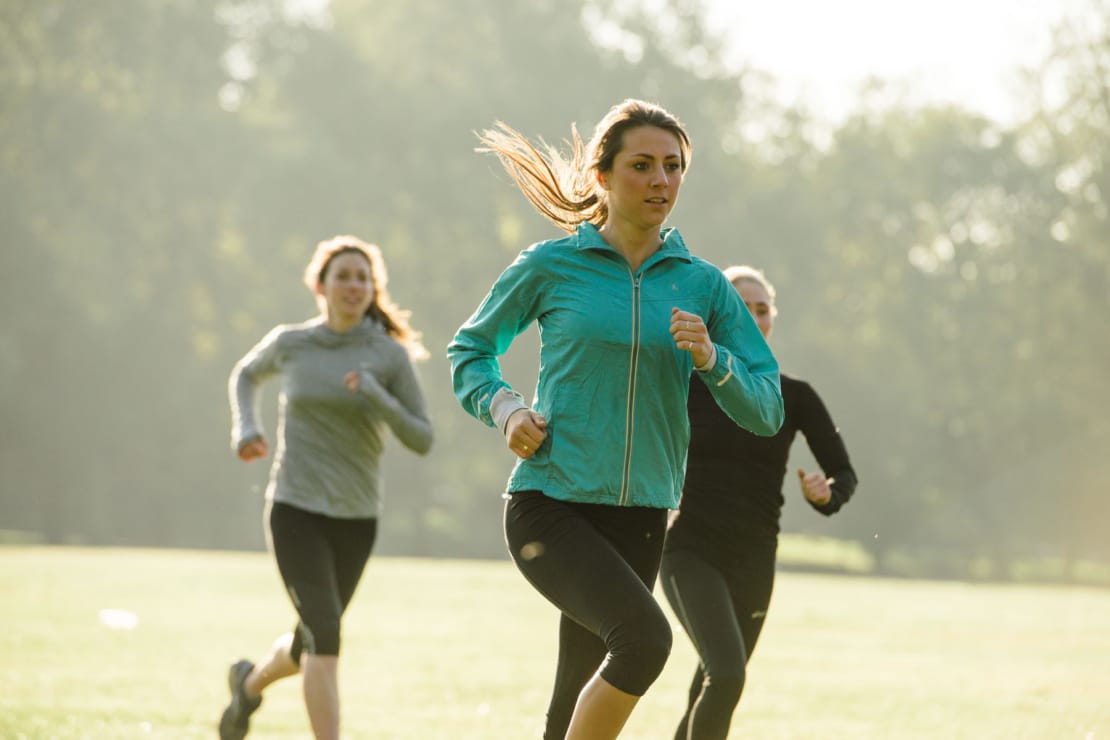

More and more people are eager to improve their physical and mental well-being, so it’s easy to see why so many are getting involved.
Our Running Hub is here to help you get the most out of your running, whether you’re a beginner looking for advice on taking your first steps, or whether you’re an experienced runner training for your next marathon.
Our experts offer their advice, from both a clinical and personal perspective, as keen runners themselves.
Sign up today to get all the tips, tricks, and advice for training for and taking on a marathon from our expert clinical team and running specialists, direct to your inbox every week!


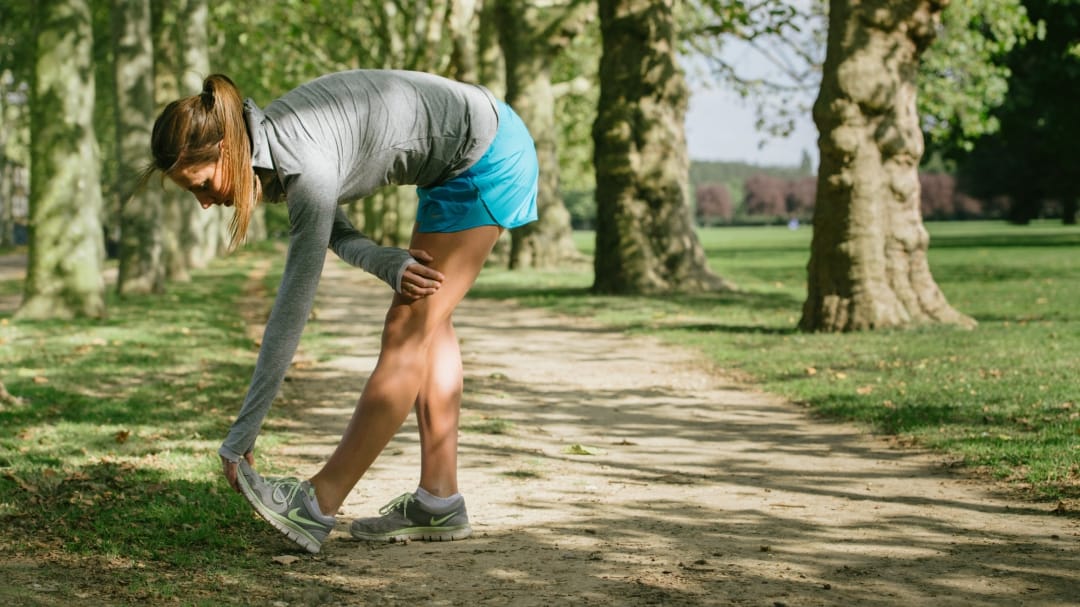

Avoid and manage shin splints with our top tips and advice for new and seasoned runners.


Common causes, the assessment process and tailored management programmes. Physiotherapist Henry Clarke offers advice on the best course of action to take if you have sustained a running injury.
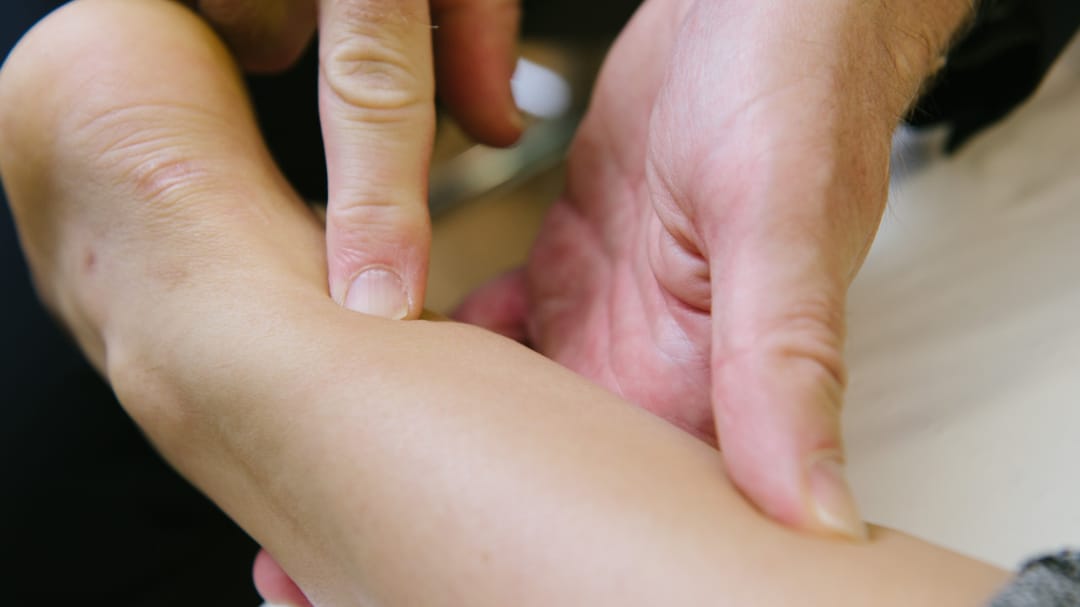

Previously referred to as Tendonitis, Achilles Tendinopathy is one of the most common foot and ankle injuries — and not just with runners. In this blog we discuss the risks and treatments related to Achilles Tendinopathy.
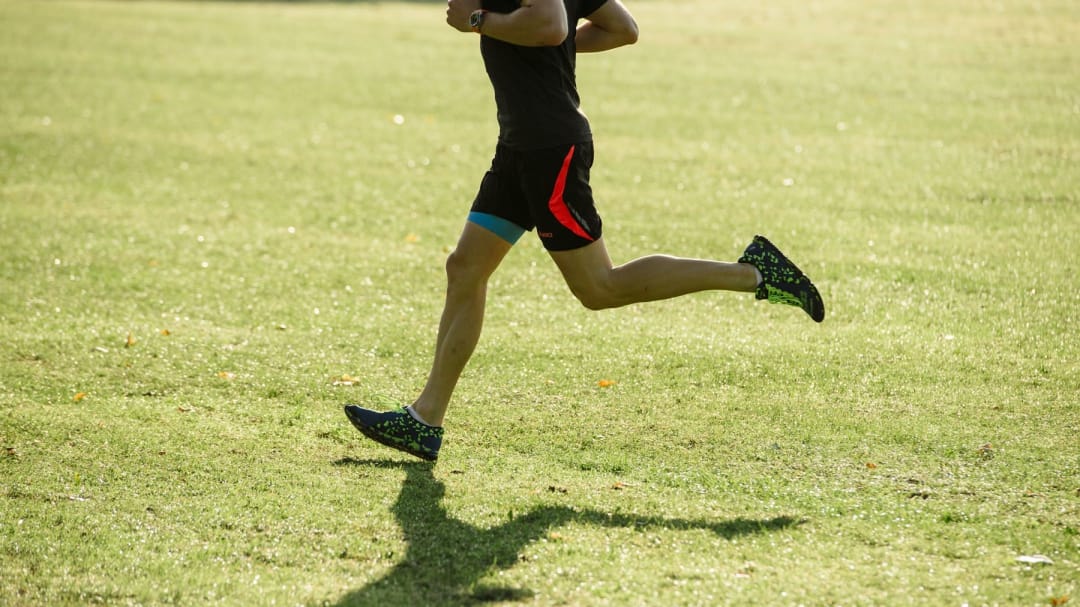

We see many runner’s with knee pain, or Patellofemoral Pain Syndrome (PFPS) as its known in the medical world, and as we always say, getting the right diagnosis is key. So in this blog we explain how to identify if your knee pain is runner’s knee, or something else.


Marathon training is no easy feat! Many of our clinicians know from personal experience. Unfortunately we’ve also seen the downside of unstructured training — the injuries. To help make sure that you’re marathon ready, we’re sharing our top 5 exercises to test your resilience.


What is it like taking on an ultramarathon in your 50s, compared to say your 30s? Dr Mike Burdon, who can now answer that question, reflects on his experience of training for and competing in an ultramarathon earlier this year.
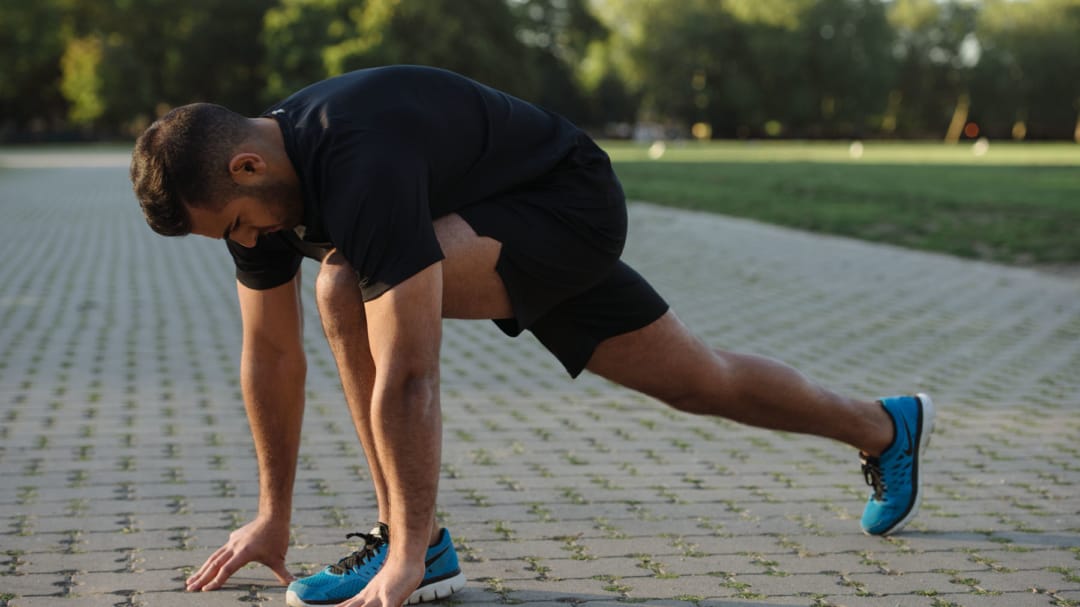

When training for a long distance run, it is easy to get carried away and go overboard with the amount of training you do, or even overlook certain areas. Discover the most common causes of injuries and get expert advice on how to avoid them.
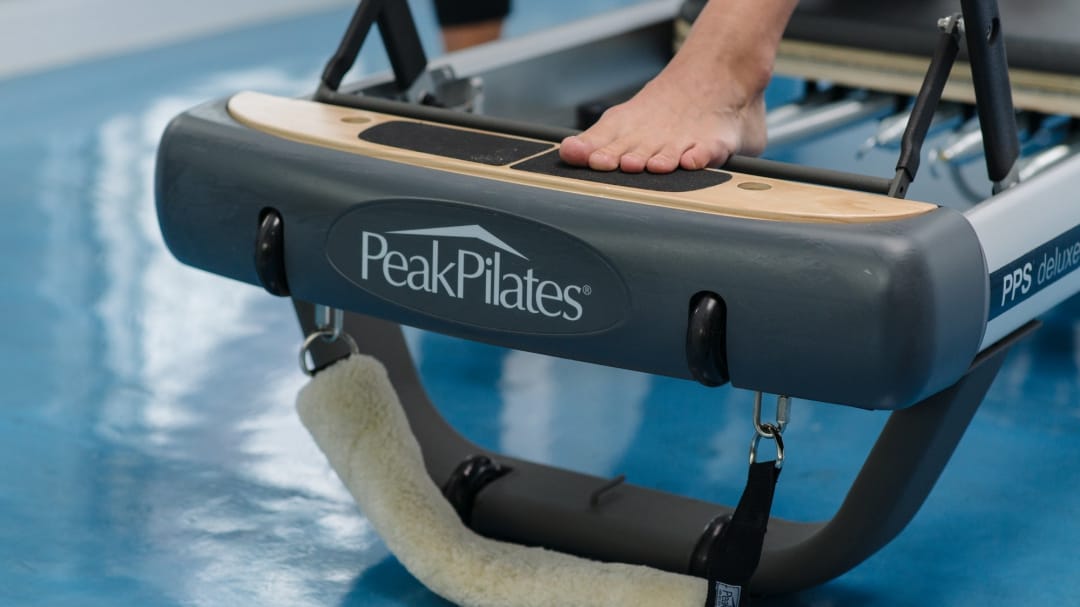

Did you know that Pilates can improve your running and prevent, and help you recover from, injuries? You might be thinking “how is that possible?” Well, we explain all in our expert-approved blog.
If you’ve ever taken part in a Marathon race, you likely plan your training programme ahead of time, and as the mileage ramps up and the new shoes work their magic, you know what the upcoming weeks will look like training-wise, but what about food-wise? Making sure you are fuelling your body correctly for the upcoming challenge — and necessary training — is just as important as the physical training. In this blog we focus specifically on training your gut for an endurance running event.
Read blog
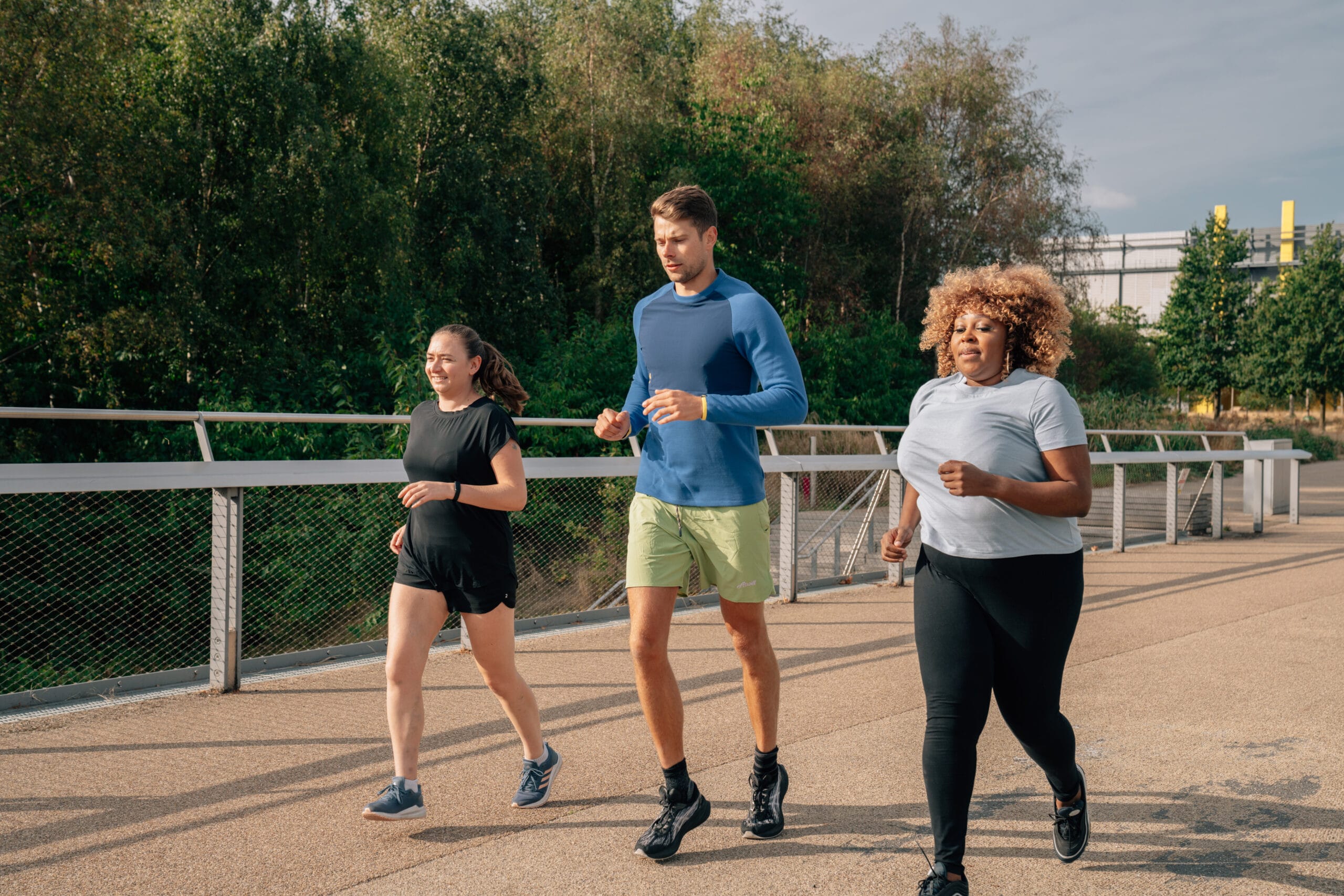
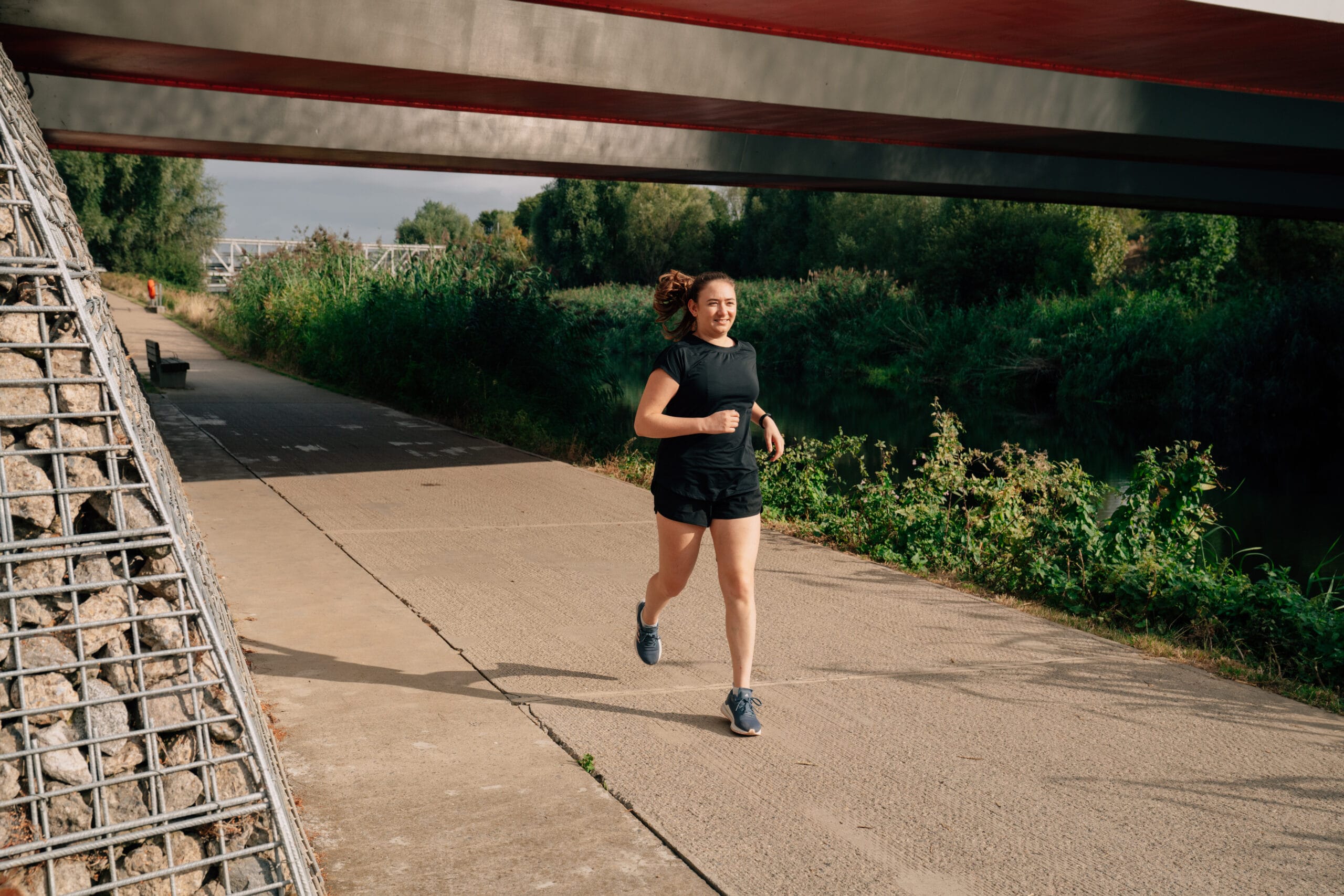


Find out how to not only complete a marathon but to achieve your new PB with expert advice from Running Coach and Strength & Conditioning Coach, Andy Page who offers his top five tips for marathon training.
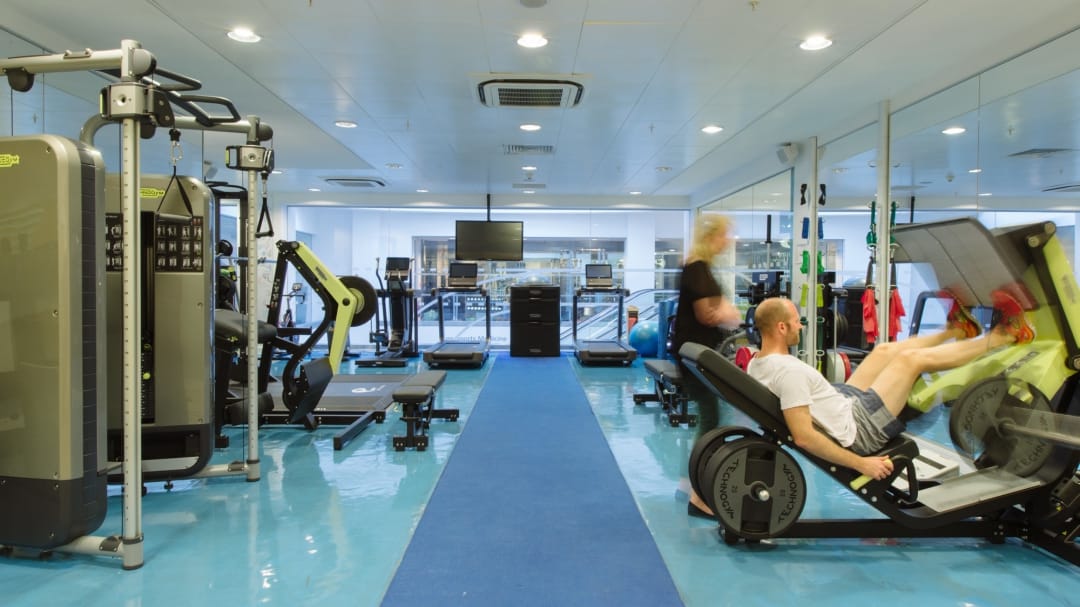

Just because the seasons over, doesn’t mean your work is done. Find out why endurance athletes hit the gym during the winter, and how important off-season training is to making those vital preparations for next season.
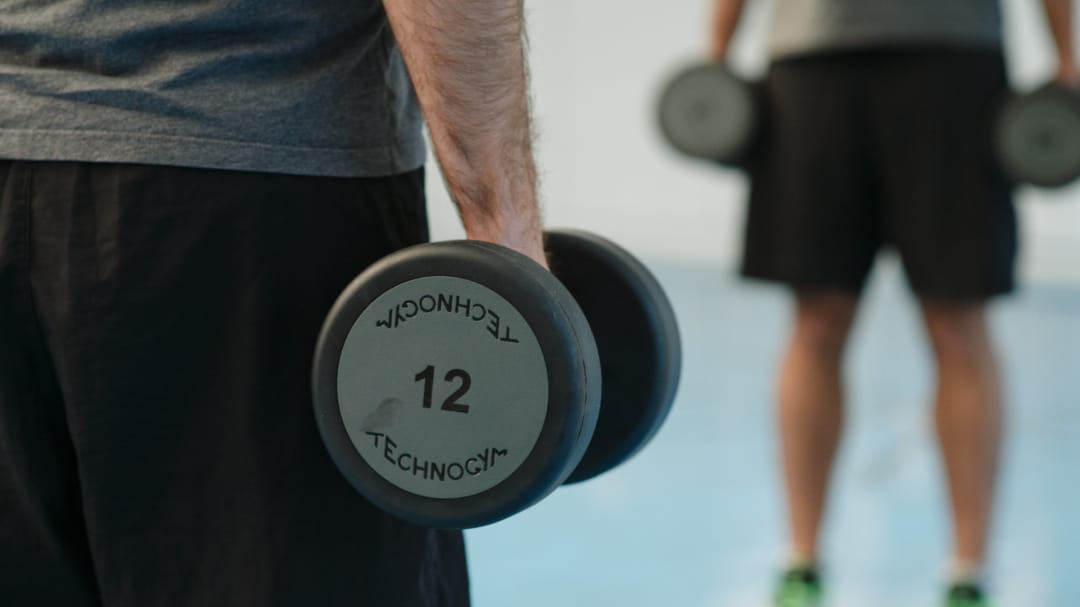

If you are an endurance athlete who wants to perform to a higher level then Strength & Conditioning training is vital. It will not only mean you can be more successful at your sport, it will minimise your chances of picking up an injury and disrupting your training schedule.


Are you wanting to get stronger, not seeing any progress, or just not sure where to start? No matter what your level, weight-lifting is a great way to build strength, and let’s face it, it’s fun! Find out how to make this sport work for you.
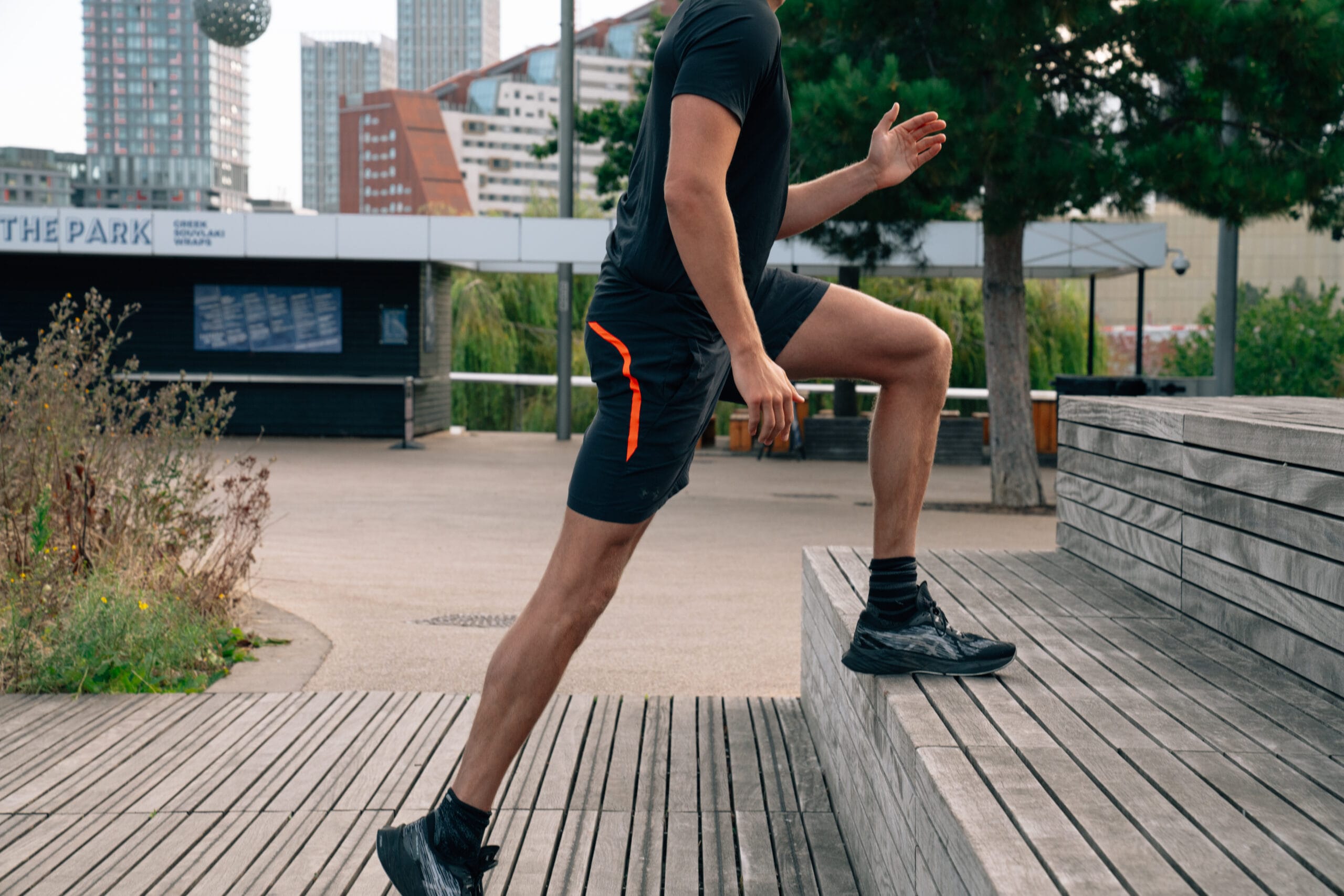

Try these dynamic stretches and specific running drills before heading out, to help you get the most out of your run.


You’ve done it, you completed the marathon! You’re feeling that runner’s high and want to sign up to another straight away! But you feel those post-race aches and stiffness coming on. Find out how to give your body the best chance at recovering so you can keep running, pain-free.


Is what we know — or think we know — about stretching out-dated and ineffective? It’s time to look at stretching in a new light and take verified advice from the literature instead of just doing what we’ve always done.


In this blog we take a closer look at how and when protein should be consumed particularly around exercise to maximize benefits and performance.
Our expert Physiotherapist and running enthusiast answers some of the most commonly asked, running-related questions we get asked in clinic.
Interested in a Running Assessment?This is a very broad question and depends on a lot of factors. It is important to be properly assessed to get a complete answer but in short this is a general guideline. On a pain scale of 1- 10, 10 being the worst pain, running with a 3 or 4 out of 10 may be ok depending on the type of injury. If the pain is worsening as you run, then no. If there is substantial pain after your run or especially into the next morning, then you should stop running and consult a physiotherapist to be properly assessed. We work on a “run tolerance” which is to try keep you running within or under your pain level rather than pushing into the pain.
We would encourage dynamic stretching before hand and static stretching after a run. Dynamic stretching is when you move through your natural movement to warm up the body with specific movements while static stretching is when you hold a position with the aim of lengthening the muscle. The dynamic movements prepare your muscles to do your run in their normal range while the static stretching will encourage a new range and length which is why you don’t want to do an intense session following the static stretches as it may lead to injury with the new range of motion.
Three to four times a week will keep you ticking along with some improvement depending on how your sessions are. Four to six sessions will help push you to improve. Things to consider are the time that you have available, your running goals — ultra running will take more time than a 5 km- and your running history. When starting out I would recommend two to three sessions and then you can either build up one factor such as an additional session or lengthen the time that you run. I would suggest not more than six sessions a week as your improvement comes with recovery and it is seldom that I would suggest running daily as you are more likely to injure yourself and not gain as much.
Quality sessions — involving fartlek, track and hill work — are vital for pushing your body to improve. Speed sessions also help improve form, push our bodies to train in an exhausted state and help with leg turn over which improves speed. Hill work builds strength and power. Cross training — especially getting in the gym with weighted exercises is vital to build a good body awareness and overall strength as well as a better way to recruit and build muscles. Don’t neglect your upper body. Most of all, rest days, as this is when your body builds from the sessions.
Nutrition. Leading up to your long runs and races as well as during and afterwards. Make sure that you are getting what you need to fill the tank and sustain and rebuild your body. Rest — in the form of sleep and getting off your feet. Drainage — lying down with your legs leaning up against a wall — is another nice way to relax and let gravity assist with leg recovery. Ice baths for 10 minutes assist with overall cleansing of your body and aid with any inflammation that your body has gone through with the hard session. Sports massage three to five days before and three to five days after your big session will loosen up your muscles, work out any tight or tired structures and assist with blood flow and drainage. Gentle mobility work and active recovery like cross training with cycling or swimming.
Focus on a forced breath out. Raise your arms and try to stretch out your body rather than bending over it. Slow down and focus on your breathing. Simultaneously bring your leg up to your chest — the side that has the stitch — and forced breath out. If it is still not shifting, try to walk it out at a fast pace with stretching and the breathing out.
Hydrate before your races. Drink a litre a day two days leading up to the race so that you start hydrated. Make sure that you have prepared for the race with your training. A fatigued muscle is the most likely cause — along with dehydration — to cause cramping. Train in the heat if needed to acclimatise and adapt your body. Salt tablets and magnesium supplements can be taken regularly to help with the cramping. If you start cramping put pressure on the muscle and stretch it out. Don’t sit down and take your weight off it as it will encourage more cramping.
